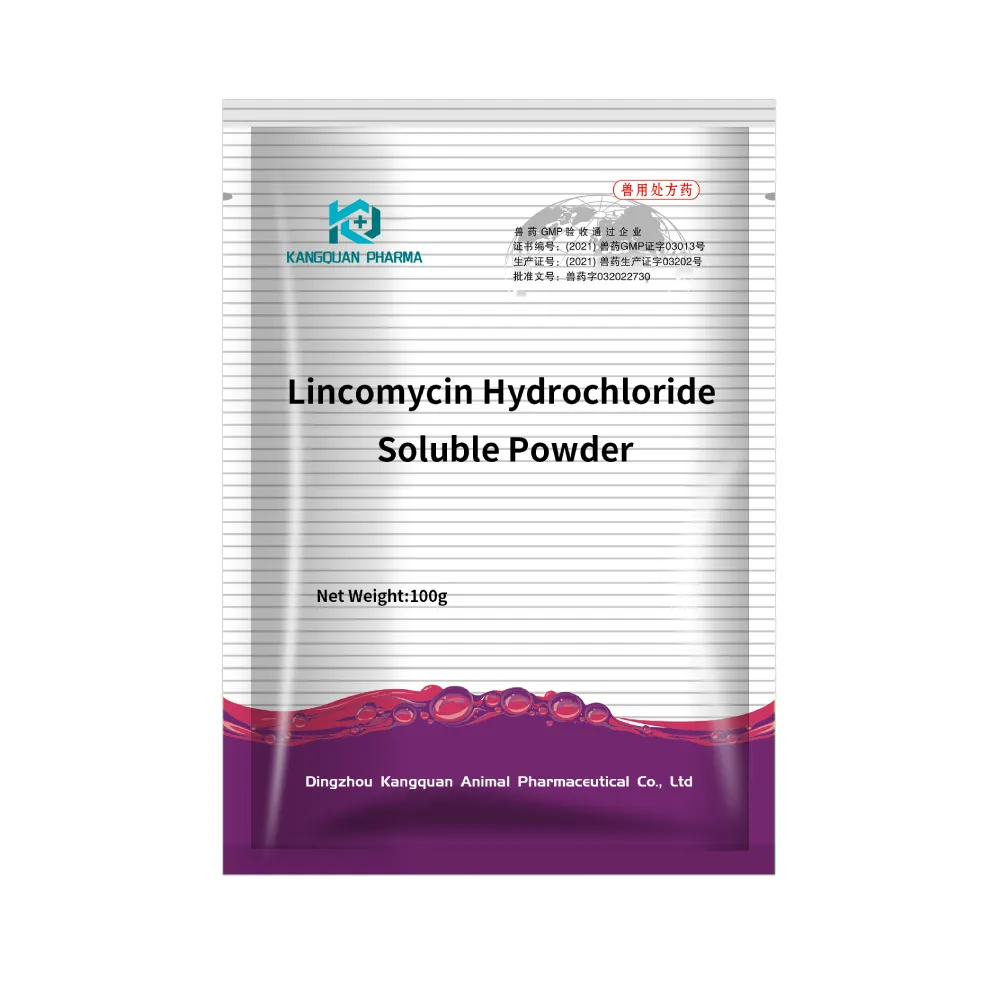- Afrikaans
- Albanian
- Amharic
- Arabic
- Armenian
- Azerbaijani
- Basque
- Belarusian
- Bengali
- Bosnian
- Bulgarian
- Catalan
- Cebuano
- Corsican
- Croatian
- Czech
- Danish
- Dutch
- English
- Esperanto
- Estonian
- Finnish
- French
- Frisian
- Galician
- Georgian
- German
- Greek
- Gujarati
- Haitian Creole
- hausa
- hawaiian
- Hebrew
- Hindi
- Miao
- Hungarian
- Icelandic
- igbo
- Indonesian
- irish
- Italian
- Japanese
- Javanese
- Kannada
- kazakh
- Khmer
- Rwandese
- Korean
- Kurdish
- Kyrgyz
- Lao
- Latin
- Latvian
- Lithuanian
- Luxembourgish
- Macedonian
- Malgashi
- Malay
- Malayalam
- Maltese
- Maori
- Marathi
- Mongolian
- Myanmar
- Nepali
- Norwegian
- Norwegian
- Occitan
- Pashto
- Persian
- Polish
- Portuguese
- Punjabi
- Romanian
- Russian
- Samoan
- Scottish Gaelic
- Serbian
- Sesotho
- Shona
- Sindhi
- Sinhala
- Slovak
- Slovenian
- Somali
- Spanish
- Sundanese
- Swahili
- Swedish
- Tagalog
- Tajik
- Tamil
- Tatar
- Telugu
- Thai
- Turkish
- Turkmen
- Ukrainian
- Urdu
- Uighur
- Uzbek
- Vietnamese
- Welsh
- Bantu
- Yiddish
- Yoruba
- Zulu
9 月 . 19, 2024 09:01 Back to list
what antibiotics are used to treat upper respiratory infections
Upper respiratory infections (URIs) are among the most common ailments affecting individuals globally. They can range from mild conditions like the common cold to more severe infections such as sinusitis or bronchitis. While many of these infections are caused by viruses and do not require antibiotic treatment, there are instances where antibiotics are necessary, particularly when bacterial infections are involved.
Just as not all URIs require antibiotic therapy, it is crucial for patients and healthcare providers to differentiate between viral and bacterial infections. Viral URIs generally resolve on their own, and antibiotics are ineffective against viruses. However, when a bacterial infection supervenes, such as in cases of bacterial sinusitis or certain types of strep throat, antibiotics become an essential part of the treatment plan.
Common antibiotics prescribed for bacterial upper respiratory infections include penicillins, such as amoxicillin, which is often used to treat strep throat and uncomplicated sinusitis. Amoxicillin works by inhibiting the growth of bacteria, allowing the body's immune system to overcome the infection. In cases of patients with a known allergy to penicillin, alternative antibiotics such as cephalosporins or macrolides like azithromycin may be considered.
Clarithromycin and erythromycin are also examples of macrolide antibiotics utilized in cases where patients cannot tolerate penicillin
. These antibiotics are effective against many of the bacterial strains commonly responsible for URIs, but resistance can be a concern, making it essential for healthcare providers to base their choices on local resistance patterns.what antibiotics are used to treat upper respiratory infections

For more severe bacterial infections, such as those involving persistent symptoms or significant complications, fluoroquinolones like levofloxacin may be employed, but these are generally reserved for cases where other antibiotics cannot be used due to resistance or allergies.
It is important to note that inappropriate use of antibiotics in the treatment of URIs can lead to antibiotic resistance, a significant public health concern. Therefore, healthcare providers are encouraged to practice judicious prescribing and consider observation or supportive care for patients with mild symptoms.
In summary, while antibiotics can be effective in treating certain upper respiratory infections caused by bacteria, the decision to use them should be based on careful evaluation. Promoting awareness about the differences between viral and bacterial infections can help reduce unnecessary antibiotic use and contribute to the fight against antibiotic resistance.
-
The Power of Radix Isatidis Extract for Your Health and Wellness
NewsOct.29,2024
-
Neomycin Sulfate Soluble Powder: A Versatile Solution for Pet Health
NewsOct.29,2024
-
Lincomycin Hydrochloride Soluble Powder – The Essential Solution
NewsOct.29,2024
-
Garamycin Gentamicin Sulfate for Effective Infection Control
NewsOct.29,2024
-
Doxycycline Hyclate Soluble Powder: Your Antibiotic Needs
NewsOct.29,2024
-
Tilmicosin Premix: The Ultimate Solution for Poultry Health
NewsOct.29,2024













